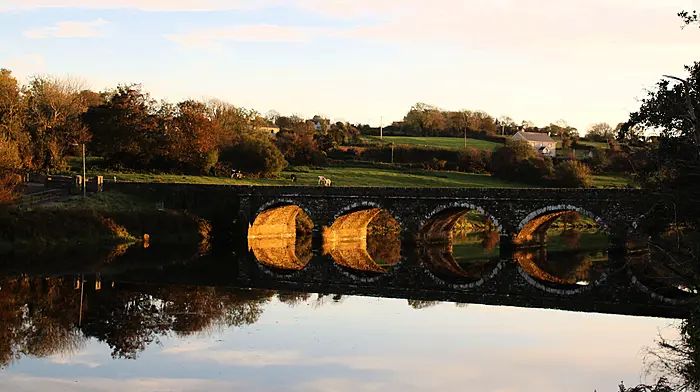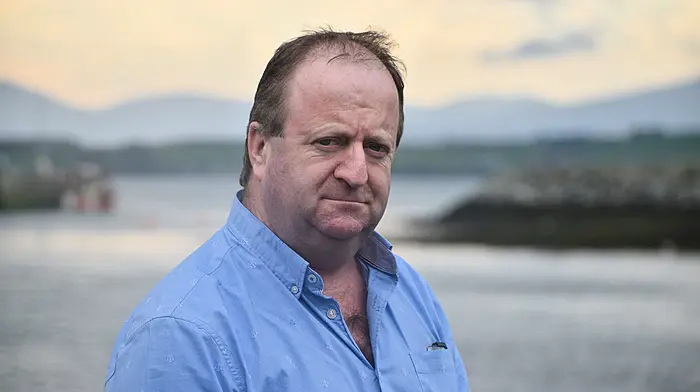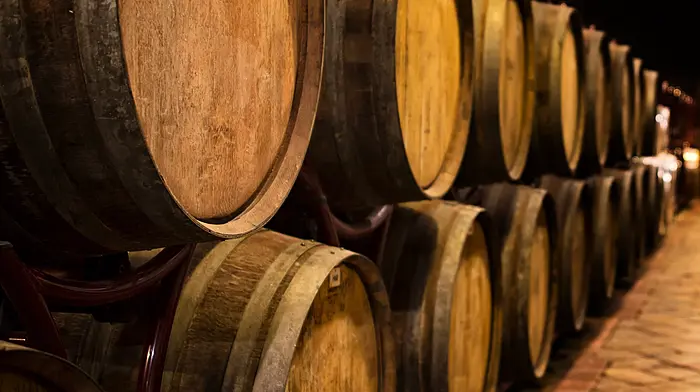EDITOR – Last year a six-hour Facebook outage provided an interesting example of our complex relationship with social media platforms and the hugely powerful companies behind them.
Users the world over were up in arms and their frustrations over the lack of access, and what might have caused it, made global headlines. One thing was clear: we spend far more time posting, checking and scrolling on those platforms than most of us would like to admit.
Social media and gaming platforms are a vastly powerful industry and we, their users, are very invested in them, in terms of our time and attention. They are a source of entertainment, fun and are an important element of our socialising.
But there is a darker side to all of this too, as the Facebook whistleblower revelations about negative impacts on children’s wellbeing highlighted. These revelations followed the publication of joint research carried out by the 5Rights Foundation, which showed how the design of these platforms is putting children at risk.
As it stands, all of the big tech companies have ‘community standards’ in place, which are essentially the acceptable codes of behaviour on their platforms. That’s great in practice but the policing of such standards has proven to be inconsistent and existing safeguards are possible to circumnavigate. That has got to change. It’s more than two years since our own government said that the ‘era of self-regulation is over’ (2019) and yet, that model is the one that persists.
Change, however, is on the horizon. The eagerly anticipated ‘Online Safety & Media Regulation’ Bill was published this week. Having completed its extensive pre-legislative scrutiny, the joint oireachtas committee published its report and the findings are encouraging. As members of the Children’s Rights Alliance ‘123 Online Safety Campaign’ we have been lobbying for significant changes that will serve to substantially strengthen what is essentially a weak Bill. Crucially, the recommendations include the setting-up of an individual complaints mechanism, which will provide an important safety net for those users who have incurred harm online, specifically in the event that the online services have failed to provide that support themselves.
Regulation is coming and is clearly much needed, but we must make sure that accountability is put in all the right places, because at the end of the day, only then will it become the vital safety net it needs to be.
Alex Cooney
Co-founder and chief executive,
CyberSafeKids
Dun Laoghaire
Enough is enough, we need better standards
EDITOR – On January 12th 2022, 23-year-old Ashing Murphy went for a run at 4pm. During the run she was murdered.
This murder has provoked shock, horror and outrage among the population.Many are asking what can be done to prevent the apparent culture of violence against women.
Perhaps one area is to review the treatment of women, appearing as victims of crime, in our courts system.
Many consider their treatment in the courts to be questionable. In one case a barrister (female) made reference to the underwear of the alleged rape victim.
Enough is enough. Proper standards must be set – even in our courts – and the rights of women must be protected and respected.
Michael A Moriarty,
Rochestown,
Cork.
No car park plan for Point
EDITOR – IN response to the article in the Star (Jan 8th) about parking in Baltimore village, there is no doubt that the approach road, traffic flow through the village and parking within it needs a proper plan.
It is our understanding from our own discussions and from the reported remarks made by divisional county manager Clodagh Henehan that Baltimore’s elected representative body, the Community Council, is already in communication with Cork County Council and is looking forward to hearing the Council response to their proposals to continue working with the Baltimore community and necessary stakeholders to draw up a workable plan.
The proposals for Bull Point do not include turning it into a car park.
We look forward to further discussion on measures aimed at encouraging enjoyment and appreciation of our beautiful Baltimore village and the islands.
Claire Callanan, Christina Duffy, Mary O’Driscoll, Anne Coleman, Jonnie Goyer, Emer Olsen, Sekeeta Crowley, Bronwyn Murphy, Jenny Gregory, Jean Perry
Baltimore,
Co Cork.
Scientists differ on salmon
EDITOR – THE Norwegian government commissioned a group of international scientists including one from Ireland to investigate the research against salmon farming, especially the work of the scientists who Mr Smyth of Galway Bay Against Salmon describes as credible and competent.
Their report was highly critical of the reliance on mathematical modelling to predict the impacts of salmon farming.
It is not just my view.
I am sure that readers of The Southern Star are not that interested in reading the long explanation of the science required to refute the claims Mr Smyth makes.
Equally, has Mr Smyth read the papers he quotes and or does he rely on repeating the often-misleading headlines? For example, he refers to my own paper, claiming that increased grilse catches are due to escaped fish from salmon farms.
However, he misses the point of the paper that similar observations occurred across all of Scotland, and not just in the area around salmon farms.
In addition, the Scottish government’s catch data does not support his claim.
I would be more than happy to exchange views on the science directly with Mr Smyth but in my experience, the anti-salmon farm lobby shies away from such discussions, preferring to write to newspapers to express their views instead.
Dr Martin Jaffa,
Stratford,
London.








